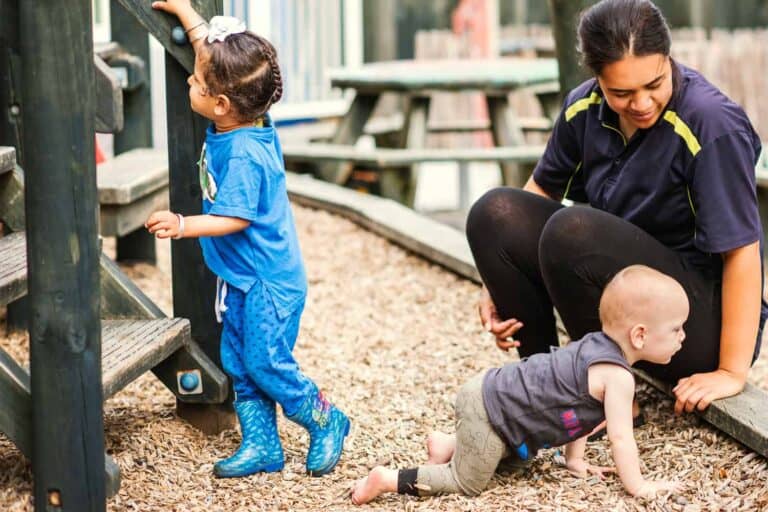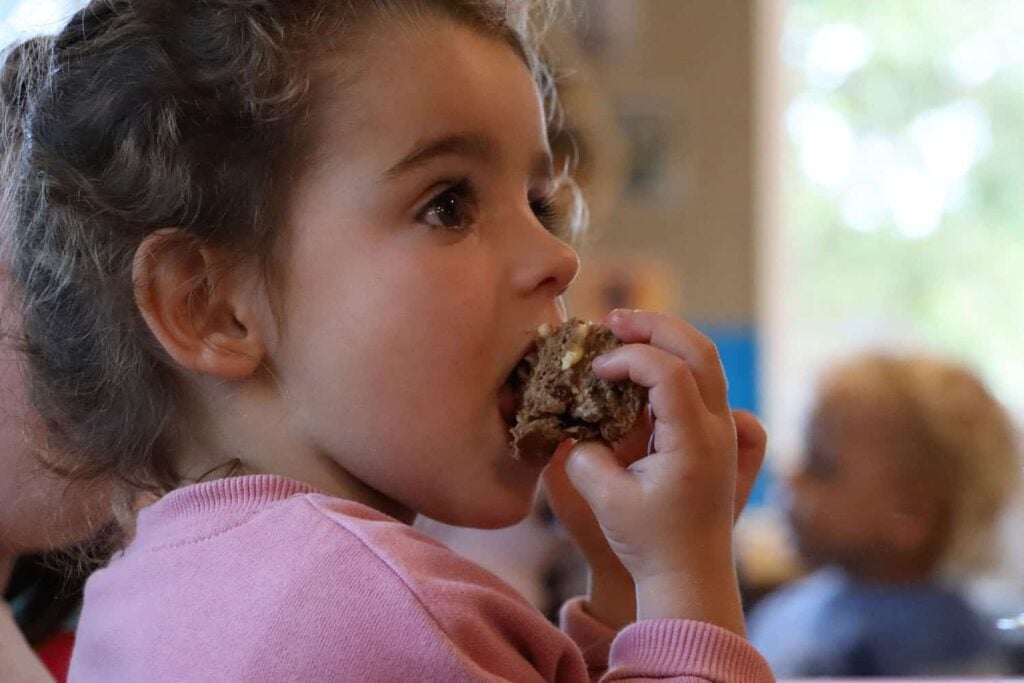Tēnā koutou katoa
Welcome to the Office of Early Childhood Education
The OECE is the national body for the sector and leading authority on ECE
We represent all stakeholders and parts of the sector.
- Lead public advisor on early childcare and education
- Speaks for the needs and rights of children
- Works with government and organisations to create safe and better quality ECE
- Promotes policies and actions in the best interests of the sector as a whole
Get Unrestricted Access to NZ’s Specialist ECE NEWSROOM
National and local stories, expert analysis, commentary, and more.
Education Bulletin and Sector Notices
Free to sign-up and receive
Membership Services and Support for:
Teacher Member Posts
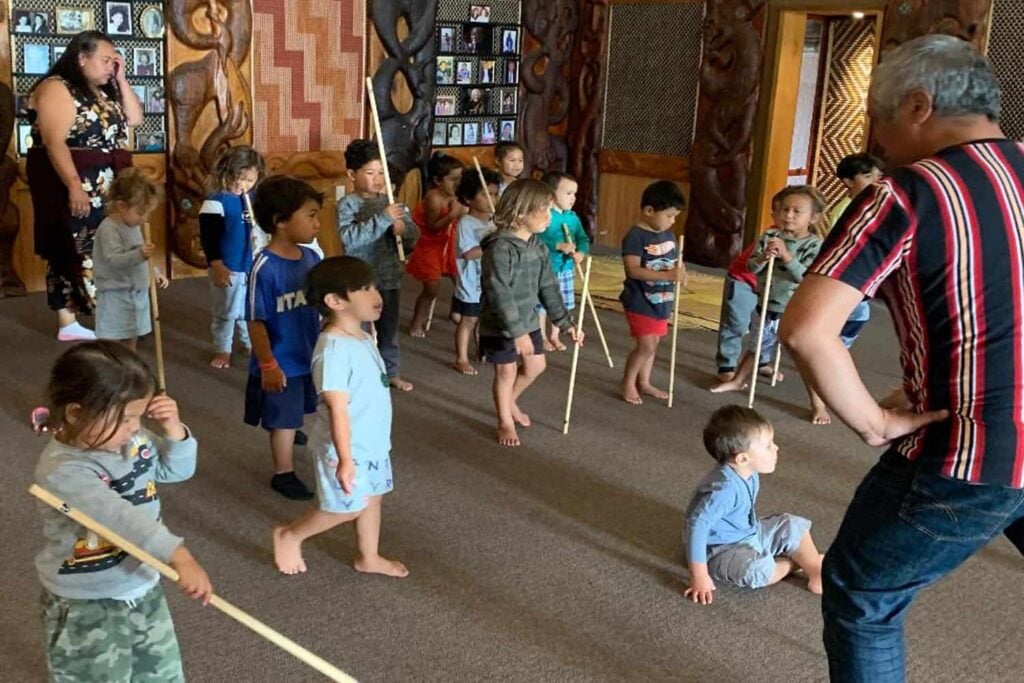
Supporting the Language of Aotearoa. Mauri Ora, Mauri Rere – Striving to Thrive
Supporting the Language of Aotearoa.
Let’s review current teaching practices and see where we go from here. Despite substantial work involving kaupapa Māori over the last two decades our early childhood sector has not been as active as it could have been in reinforcing the speaking of te reo Māori and bicultural practices.
Ngā Wero – The
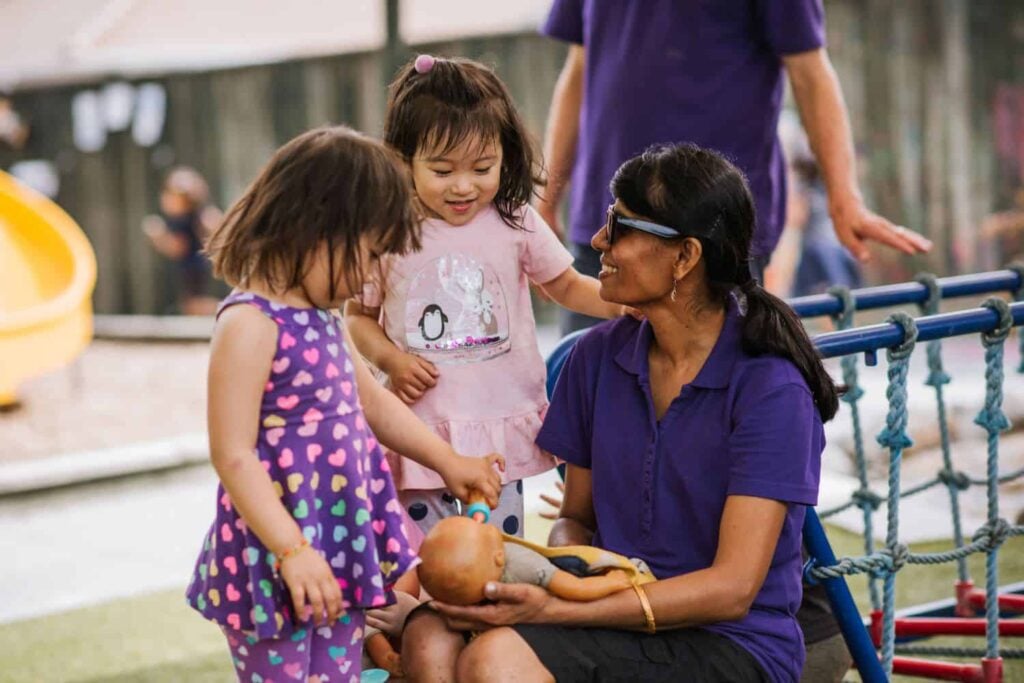
Professional Growth Cycle
The Professional Growth Cycle PGC is the new requirement for registered teachers. The Teaching Council have acknowledged that it will continue to be developed and improve over time.
Contents
What does the Professional Growth Cycle (PGC) mean for ECE services? And what should ECE service managers/ leaders do?Does this mean that teachers will n
ICT Digital Technology Use in ECE and Questions
ICT in Early Childhood Education: Questions, Issues and Planning Considerations.
Technology is part of every child’s life and at some point, children are almost certain to want to use and may get hooked on technology – a phone, iPad, or digital camera.
While there are some that would say pre-school years are too early to be introd
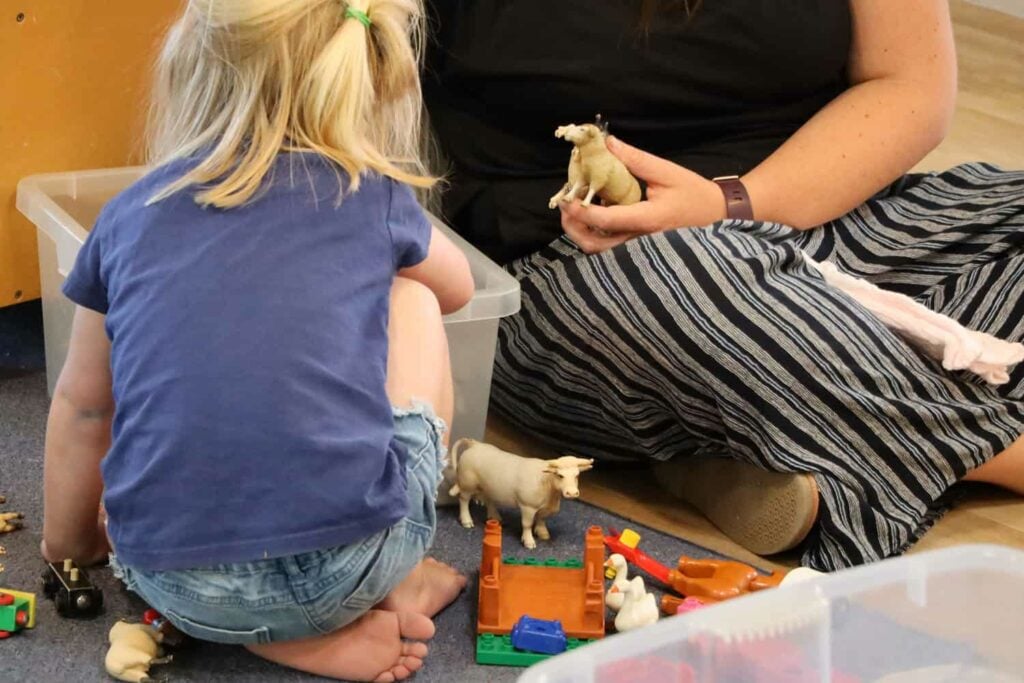
The Professional Development and Support Needs of Newly Qualified ECE Teachers
Too Much, Too Soon? The Multiple Roles and Identities of Newly Qualified Early Childhood by Helen Aitken. Read the full paper below. Or to order a pdf copy of the article go to the main NZIRECE Journal page.
Service Provider Member Posts
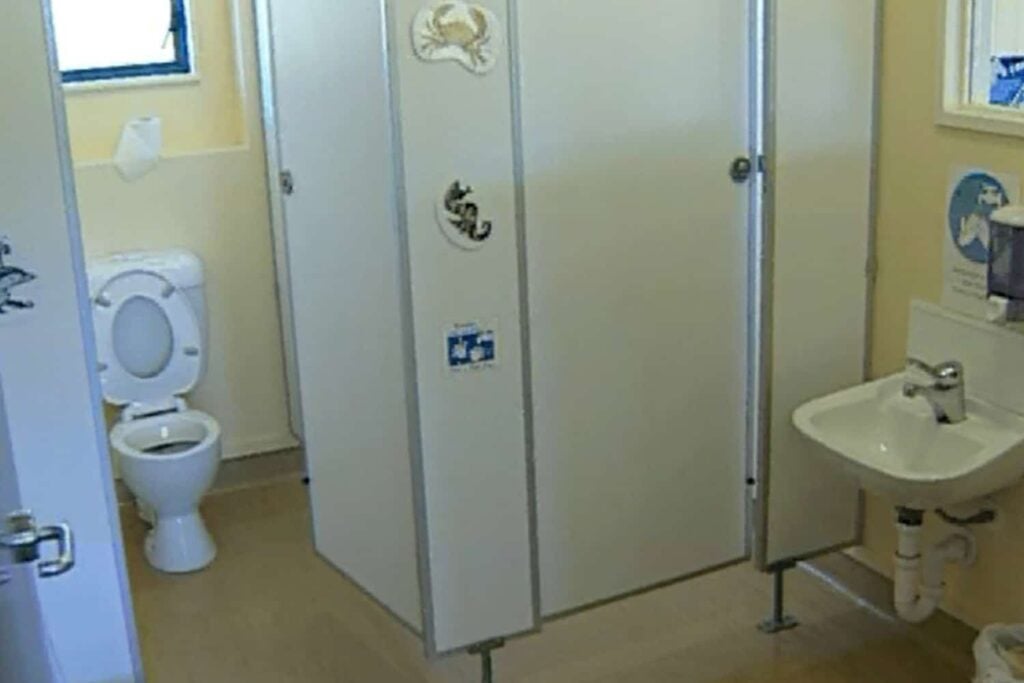
Children’s Toilets and Bathroom
Toilets are a basic thing to most of us, a place where we go to undertake an everyday task, a place that should be pleasant but possibly do not give too much thought to.
However, one thing everyone generally does like when using the toilet is privacy.
In early childhood settings, balancing privacy with the need to be able to help young children with toileting and the concept of supervision can be difficult.
Research
It could be assumed that pre-schoolers do not really mind what the layout of the toilets is, what they look like, and whether their toilets have doors or not. But research suggests children do mind.

Job Description for a Centre Manager or Home-based Coordinator
Here is a template you can use and adapt for a manager job description – or centre supervisor, or home-based coordinator who is responsible for one group of visiting teachers.
If you would like more guidance and ideas go to the main article about writing JDs.
Service name or Logo
Position description
POSITION/ROLE:
E.g. Manag

Advertising Standards Authority – ECE Service Case Outcome
Kindercare Learning Centres NZ vs ABC.
In April 2010 The Complaints Board of the Advertising Standards Authority heard a complaint made by Kindercare Learning Centres that ABC’s Learning Centres radio advertising had replicated the concept first used by Kindercare.
The arguments made by ABC (now owned by Beststart – the Wright family), Kin
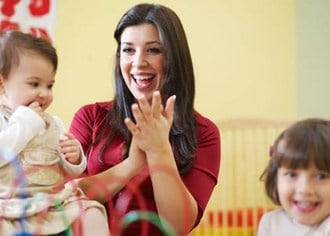
Redundancy and Making a Position Redundant
Redundancy and the process for making a position redundant.
There may not be the work for an employee because child enrolments have dropped, your service is restructuring, or you can not longer afford to keep an employee on.
Whatever the reason, there are certain processes to follow to ensure you do not run into legal problems.
This arti
Research Library – Today’s Featured Articles
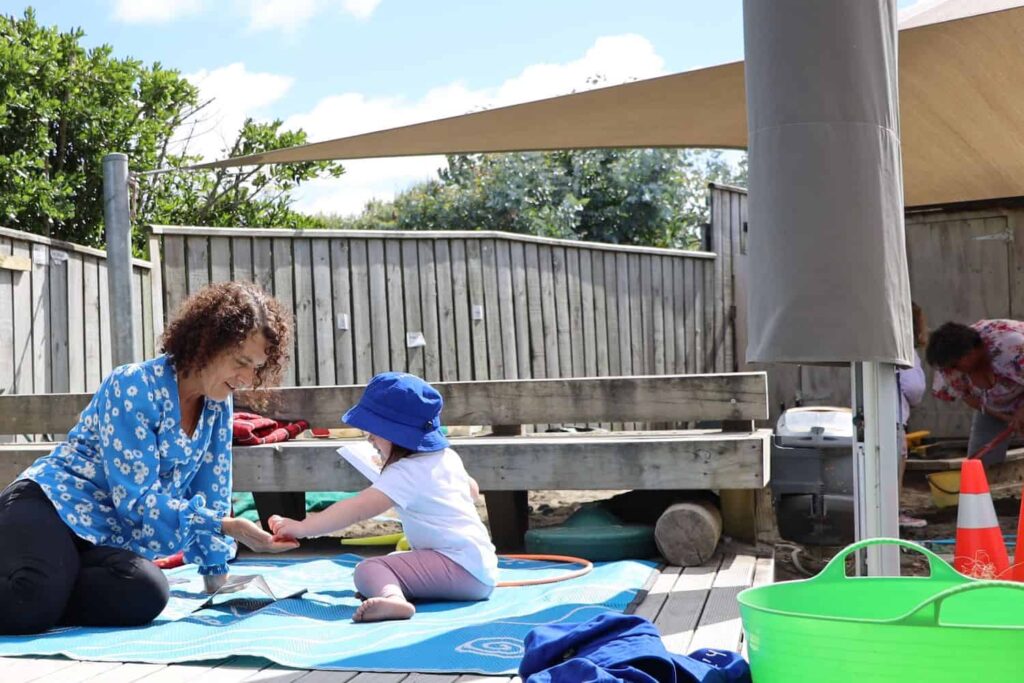
Discovering Meanings in Research with Children
Research with Children – The Meaning of Children’s Experiences and Views. Karen Liang Guo.
Published in the NZRECE Journal, Vol, 13, 2010, 101-112.
Abstract: Drawing on a qualitative research study this paper explores the aspect of ascribing meanings in research. It presents an example of research with young children which illustrate

Can Early Years’ Practitioners Facilitate Social Development During Conflicts Between Young Children?
Research on social competence, mediation strategies and how teachers can better manage conflicts between children aged 3 to 5 years in early childhood settings. Read the full paper below. Or to order a pdf copy of the article go to the main NZIRECE Journal page.

Cultural Components of Early Childhood Teacher Education in Aotearoa New Zealand
Research on the cultural components of early childhood teacher education. Read the full paper below. Or to order a pdf copy of the article go to the main NZIRECE Journal page.

More than Door Talks. Insights into Parental Involvement in the Irish ECE and Care Context
Login to view the full article. Or to order a pdf copy of the article, go to the main NZIRECE Journal page.
International organisations including the OECD and UNICEF characterise parental involvement in young children’s care and education as a fundamental right and obligation. This is reflected in early childhood curricula internationally.
This paper argues that parental involvement involves much more than ‘door talks.’ Drawing upon Bronfenbrenner’s ecological systems theory, which underpins parental involvement, the paper discusses ECEC as a form of parental support vis a vis addressing poverty and educational disadvantage.
What We Do
Resources
